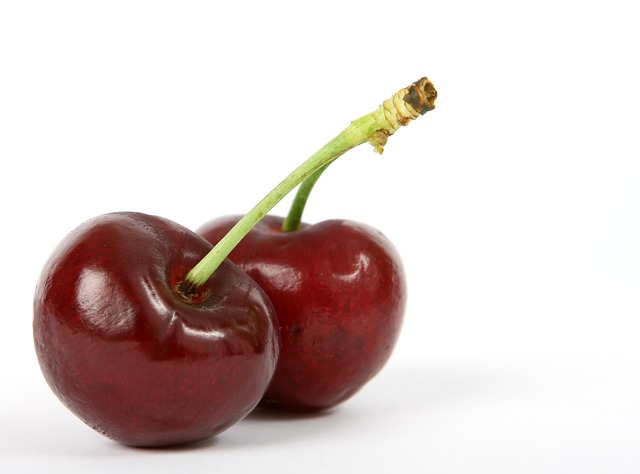Probiotic Powerhouses: Discovering the Best Sources for Optimal Gut Health
Gut health plays a crucial role in our overall well-being. A healthy gut not only aids in digestion but also helps boost the immune system and improve mental health. One way to promote a healthy gut is by incorporating probiotics into our diet. Probiotics are live microorganisms that can provide numerous health benefits when consumed in adequate amounts.
Why Are Probiotics Important?
The human gut is home to trillions of bacteria, both good and bad. When the balance of these bacteria is disrupted, it can lead to various health issues such as digestive problems, allergies, and even chronic diseases. Probiotics can help restore this balance and create a favorable environment for the beneficial bacteria to thrive.
Research has shown that probiotics can aid in the treatment of several conditions, including:
- Digestive Disorders: Probiotics have been found to alleviate symptoms of irritable bowel syndrome (IBS), inflammatory bowel disease (IBD), and diarrhea caused by infections or antibiotics.
- Immune System Support: Probiotics can enhance the body’s natural defense mechanisms, leading to a reduced risk of respiratory infections and improved immune response.
- Mental Health: The gut-brain connection is real, and probiotics may play a role in reducing symptoms of anxiety, depression, and stress.
- Heart Health: Certain strains of probiotics have been linked to lowering cholesterol levels and blood pressure, thus reducing the risk of heart disease.
- Skin Conditions: Probiotics may improve common skin conditions such as acne, eczema, and rosacea by reducing inflammation and promoting a healthy skin barrier.
The Best Sources of Probiotics
Now that we understand the importance of probiotics, let’s explore some of the best sources for obtaining these beneficial microorganisms:
1. Yogurt
Yogurt is one of the most well-known probiotic foods. It is made by fermenting milk with bacteria, typically Lactobacillus and Streptococcus strains. When choosing yogurt, opt for varieties that explicitly state “live and active cultures” on the label to ensure a higher probiotic content.
2. Kefir
Kefir is a fermented milk drink that is similar to yogurt but has a thinner consistency. It is loaded with various strains of beneficial bacteria and yeasts. Kefir is also a good source of vitamins, minerals, and proteins, making it a great addition to a healthy diet.
3. Sauerkraut
Sauerkraut is fermented cabbage and has a unique tangy flavor. It contains Lactobacillus bacteria, which convert the sugars in cabbage into lactic acid. This fermentation process not only gives sauerkraut its distinctive taste but also increases the number of beneficial bacteria.
4. Kimchi
Kimchi is a spicy Korean side dish made from fermented vegetables, typically napa cabbage and radishes. It is rich in lactic acid bacteria, vitamins, and fiber. Kimchi not only adds a kick of flavor to meals but also provides a healthy dose of probiotics.
5. Tempeh
Tempeh is a traditional Indonesian food made from fermented soybeans. It is a nutritious plant-based source of probiotics and is also high in protein, vitamins, and minerals. Tempeh has a nutty flavor and can be used in various dishes as a meat substitute.
6. Kombucha
Kombucha is a fizzy fermented tea that has gained popularity in recent years. It is made by fermenting sweetened black or green tea with a symbiotic culture of bacteria and yeast (SCOBY). Kombucha not only provides probiotics but also contains antioxidants and organic acids, which contribute to its health benefits.
7. Miso
Miso is a traditional Japanese seasoning made from fermented soybeans, rice, or barley. It has a salty







